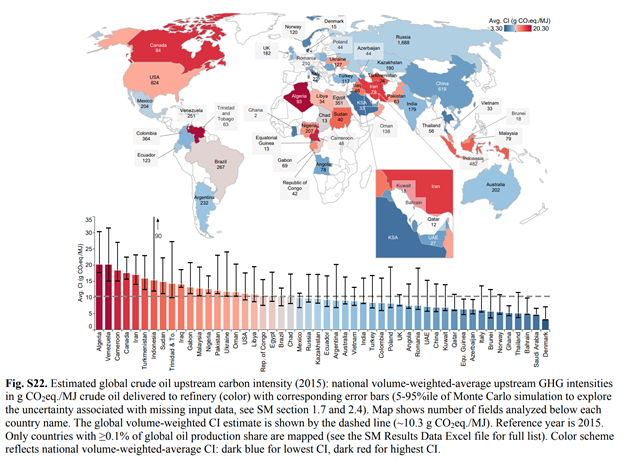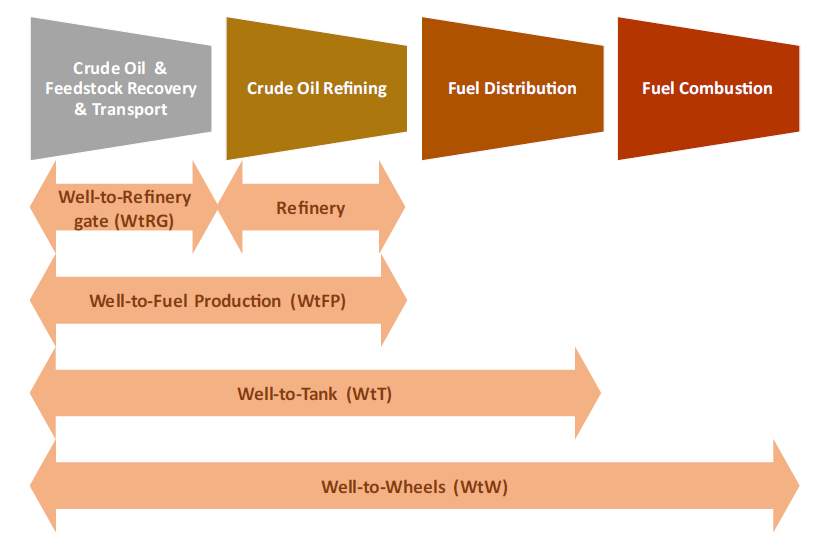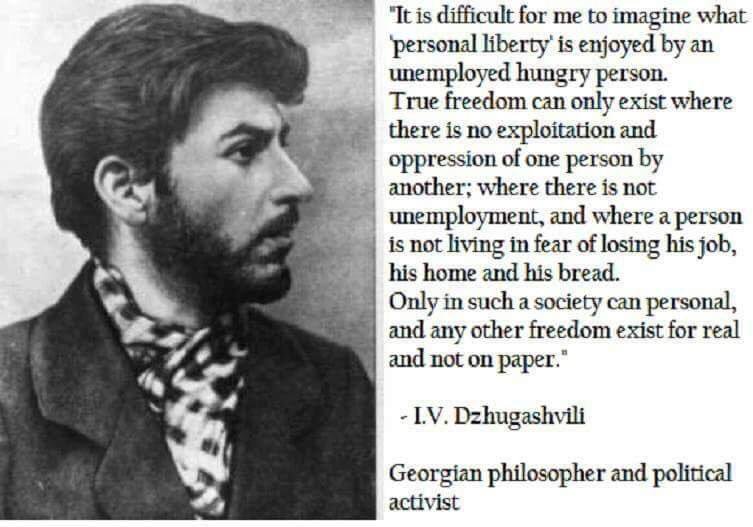I think this is a good lens through which to understand the work of people designing renewable energy systems like @mzjacobson, @ChristianOnRE, @nworbmot, me and many others.
Allow me to explain.
We control *when* we produce energy.
I understand the appeal of this simplicity and of domineering and being in control.
Also, it feels familiar to resort to burning stuff. We've been doing that since the start.
Apart from that, this simple system pollutes our environment and causes climate change.
The alternative is to learn from nature.
In a CAS, nobody is the boss.
Components are independent but they also rely on each other. Like humans in a happy family or company.
Instead we must learn to 'go with the flow' a bit more. And we must learn to smartly store 'fresh' energy. Like in an ecosystem.
The only question that remains is: how we can make the transition as fast and smooth as possible with manageagble investments?
(I will research this question the coming 5 years with a large team in the NEON research project.)
The renewable energy system of the future will be less like a traditional industry and more like an ecology. (Jargon: complex adaptive system.)
Once you look at it like that and add all the puzzle pieces you will see we can have abundant cheap clean energy forever.
So what metaphor struck a chord with you and why?
Anything you would add or leave out?
...





